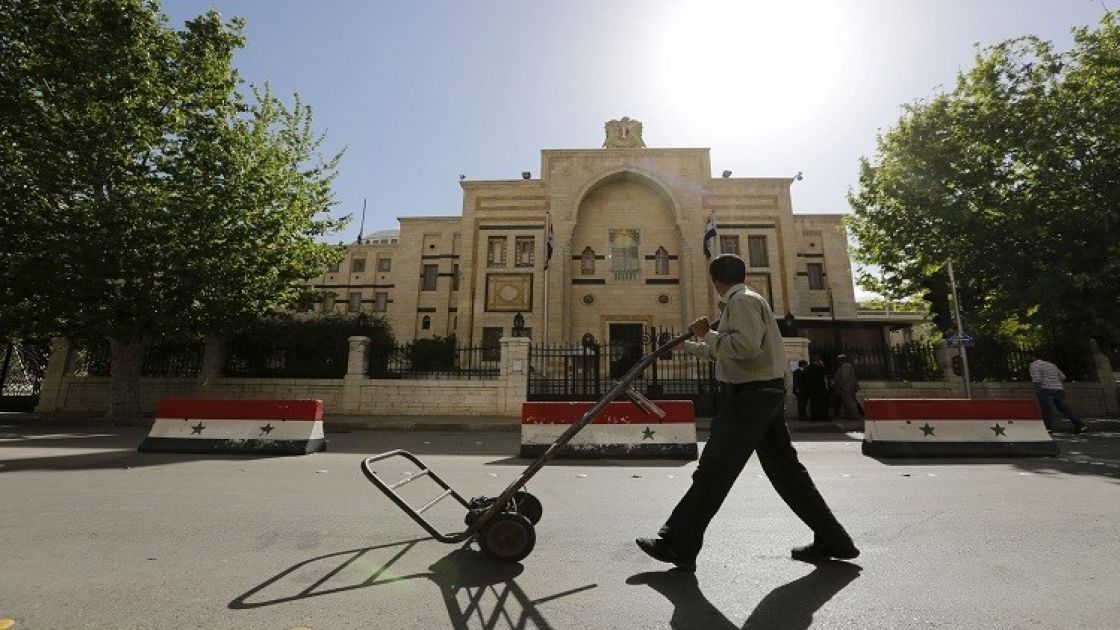- Editorials
- Posted
New Syria: Proportional, and Single District
The recent elections of People's Assembly reconfirmed what was already confirmed: the existing electoral system is a system that kills the political movement, incapable of representing society, and is a game in the hands of the financial forces and the forces of the state apparatus.
What should be known, first of all, is that the electoral system in place in Syria is the same system, in essence, established by the French occupation of Syria (a majority system with province-based electoral district), although even France itself had changed and developed its own electoral law several times since then.
In the majority electoral system, the list with a relative majority of votes wins all the seats in the district concerned, while the other lists do not get any seats. For example, when one list out of ten competing lists gets 20% of the votes, and if this percentage was the highest compared to the rest of the lists, then this list will occupy all the seats being contested, while the other nine lists will never get any seat. In other words, 80% of the votes will be of no value, and will not be represented at all in Parliament (People's Assembly)!
In contrast to the majority system, a proportional system will allocate seats to the various lists, each according to the percentage of votes it obtained from the voters, which greatly increases the representative capacity of the electoral process and the legislative institution.
On the other hand, the system of intermediate districts, which operates on the basis of governorates, precludes those national parties operating on the entire Syrian area, and turns legislative elections into something similar to elections of mayors and municipalities, and even worse, opens the door to the use of subnational tendencies (e.g. sectarian, tribal and religious…) as a tool to reach the People’s Assembly. And perhaps most importantly – and most useful from the viewpoint of the financial forces and the state apparatus forces – is the fact that the district/governorate system requires a huge number of ballot boxes at the country level, which in no case can they be effectively covered and monitored except by the financial moguls and the state apparatus, resulting in facilitation of fraud, forgery and use of “political money”.
In contrast to the governorate-based constituency, an electoral system that considers the entire country as a single constituency would raise the profile of national programs that cross the boundaries between sects, religions, and nationalities, whereby the Syrian citizen, from any place in Syria, can elect her/his representatives to a genuine Syrian parliament, not a parliament for assembling provinces.
A proportional electoral system that adopts the country as a single constituency – that is, completely contrary to the existing system – has become an unavoidable national necessity, in the context of the full implementation of UNSC Resolution 2254, to unify Syria geographically and socially, by opening the door for burying the old political sphere and welcoming the birth of a new political sphere that crosses religions, sects and nationalities, and represents the Syrians as Syrians, representing their deep interests, which foremost of them are their socio-economic interests, as they have suffered for decades from brutal looting and exploitation, translated by the figures of national wealth distribution, according to which more than 90% of Syrians obtain less than 10% of the total national wealth.
Kassioun Editorial, Issue No. 976, July 27, 2020


